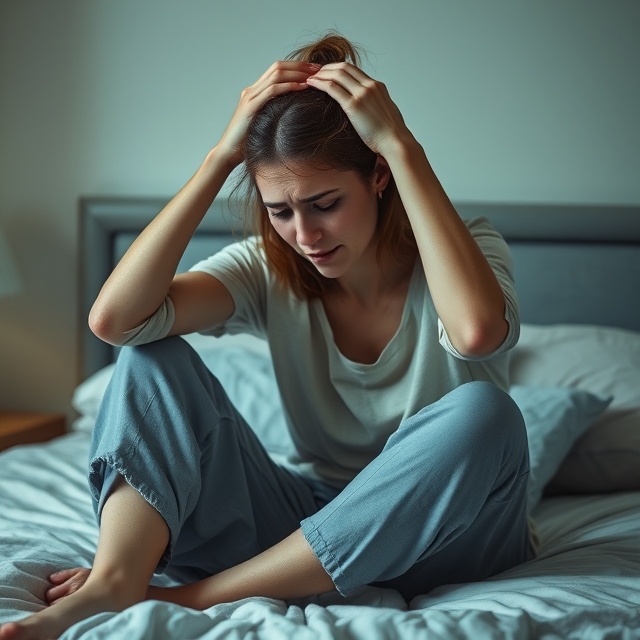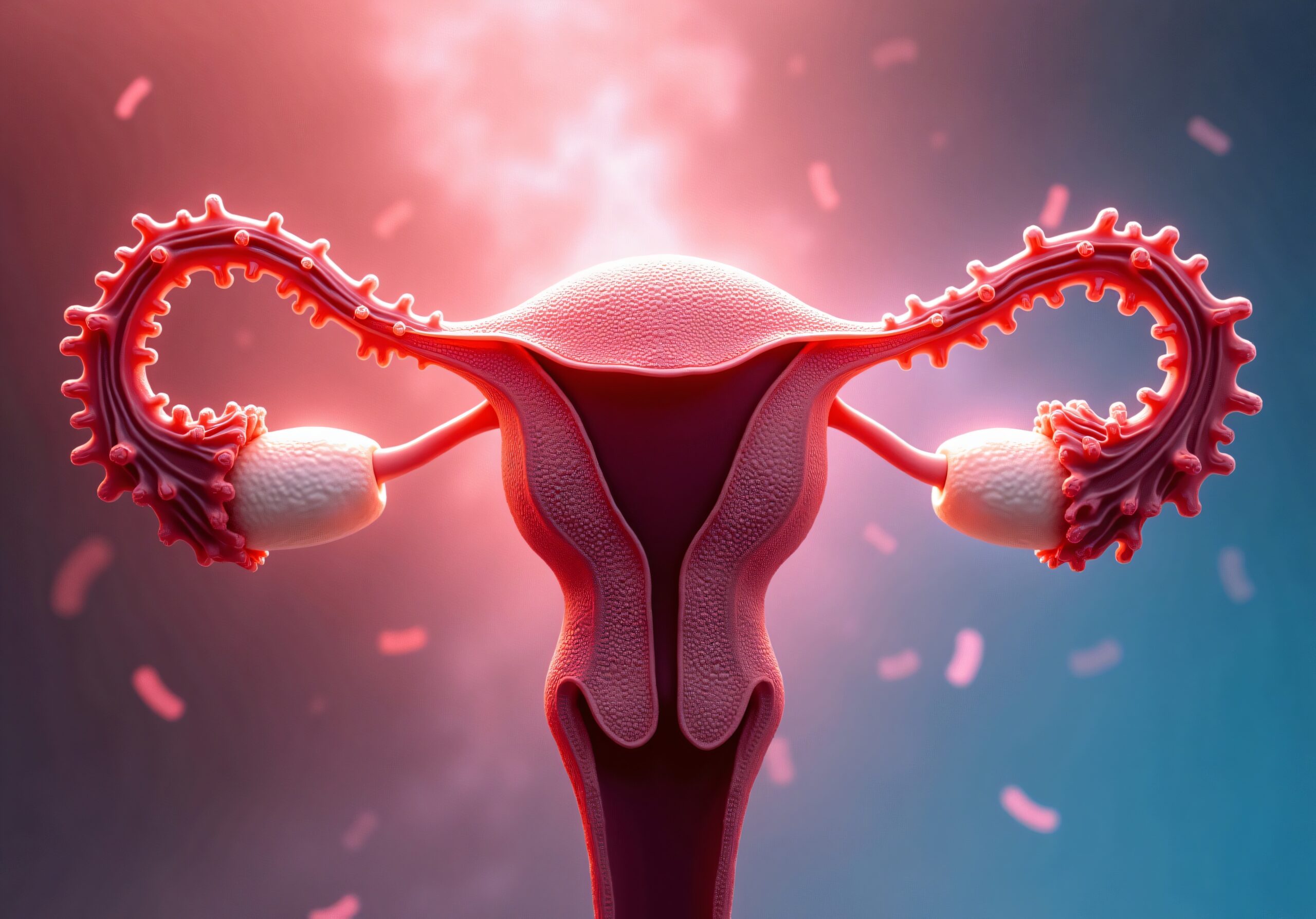Have you ever felt your heart racing before a big presentation, or experienced that familiar knot in your stomach during a stressful day? As a woman who has navigated both personal and professional challenges, I understand that anxiety isn’t just a mental state – it’s a full-body experience that affects us in unique ways.
Understanding Anxiety in Women: More Than Just Worry
Did you know that women are twice as likely to experience anxiety disorders compared to men? According to the Women’s Health Office of the FDA, this isn’t just a coincidence – it’s a complex interplay of biological, hormonal, and societal factors that make our experience with anxiety unique.
The Female Body’s Response to Anxiety: A Perfect Storm
When anxiety strikes, it triggers a cascade of physical reactions that can feel overwhelming. Research from the National Institutes of Health shows that women’s bodies respond to anxiety in distinct ways. Let me break down what’s happening in your body during these moments:
Hormonal Harmony (or Chaos)
- Estrogen and Progesterone: As explained by Virginia Physicians for Women, these hormones don’t just regulate our menstrual cycle – they’re major players in our anxiety response
- Cortisol: Often called the “stress hormone,” it’s particularly reactive in women
- Thyroid Function: According to Medical News Today, anxiety can disrupt thyroid performance, which many women are already susceptible to
Physical Symptoms: Your Body’s Anxiety Alarm System
Healthline’s comprehensive guide outlines how anxiety manifests physically. Let’s talk about what anxiety actually feels like in our bodies. I’ve created this simple guide to help you recognize these signals:
| Body System | Common Symptoms | Impact on Daily Life |
| Digestive | • Nausea• Stomach cramps• Changes in appetite | Can affect eating patterns and nutrition |
| Cardiovascular | • Racing heart• Chest tightness• Blood pressure changes | May impact exercise and activity levels |
| Muscular | • Tension• Headaches• Body aches | Can interfere with sleep and comfort |
| Respiratory | • Rapid breathing• Shortness of breath• Feeling of choking | May limit physical activities |
The Monthly Cycle Connection
“It’s not all in your head” – I cannot stress this enough. The Women’s Recovery Center notes that our menstrual cycle can significantly influence anxiety levels:
- Pre-menstrual Phase: Heightened anxiety sensitivity
- Ovulation: Often experience mood changes
- Menstruation: Can intensify physical symptoms
Living with Anxiety: Practical Strategies for Modern Women
Immediate Relief Techniques
- Deep Breathing Exercise: As recommended by the Office on Women’s Health, try this 4-7-8 technique:
- Inhale for 4 counts
- Hold for 7 counts
- Exhale for 8 counts
- Progressive Muscle Relaxation: Start from your toes and work up to your head, tensing and releasing each muscle group
Long-term Management Strategies
Professional Support
Caron Treatment Centers emphasize that seeking professional help isn’t a sign of weakness – it’s a sign of self-awareness and strength. Consider:
- Therapy (particularly CBT)
- Regular health check-ups
- Hormone level monitoring
Lifestyle Adjustments
- Movement: Regular exercise, even gentle walking
- Nutrition: Focus on anxiety-reducing foods
- Sleep Hygiene: Establish a consistent sleep routine
FAQ: Your Anxiety Questions Answered
What Are the Physical Symptoms of Anxiety?
Beyond what we’ve discussed, the Office on Women’s Health identifies additional symptoms to watch for:
- Digestive issues
- Sleep disturbances
- Immune system changes
- Skin problems
How Can Anxiety Be Managed?
Create your personal toolkit:
- Professional support
- Lifestyle modifications
- Social connections
- Stress-reduction techniques
Can You Live a Long Life with Anxiety?
According to medical research, absolutely! With proper management and support, anxiety doesn’t have to limit your lifespan or quality of life. Many successful women navigate anxiety while leading fulfilling lives.
Taking Action: Your Next Steps
Remember, you’re not alone in this journey. Whether you’re dealing with workplace stress, hormonal changes, or life transitions, there are ways to manage anxiety effectively.

Your Action Plan:
- Track your symptoms
- Identify triggers
- Build a support system
- Develop healthy coping mechanisms
- Seek professional guidance when needed
Ready to take control of your anxiety? Start with small steps – even reading this article is a positive move toward understanding and managing your anxiety better.




